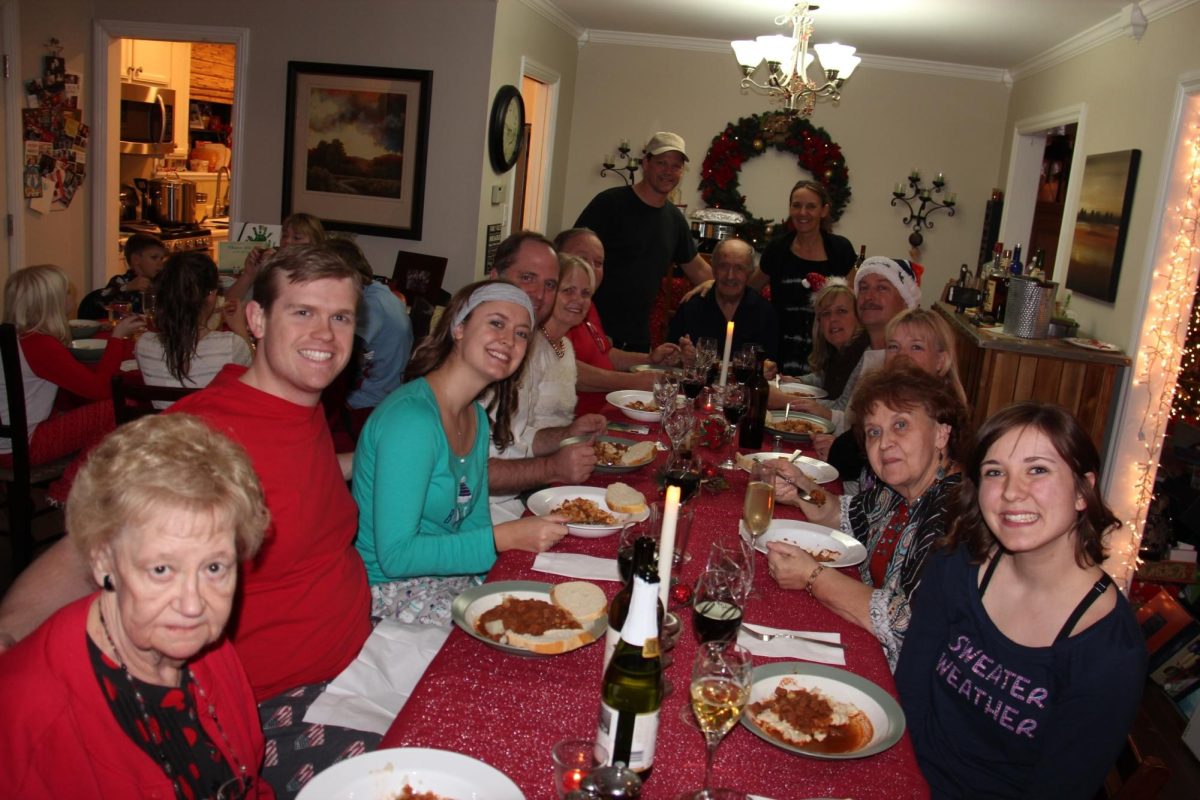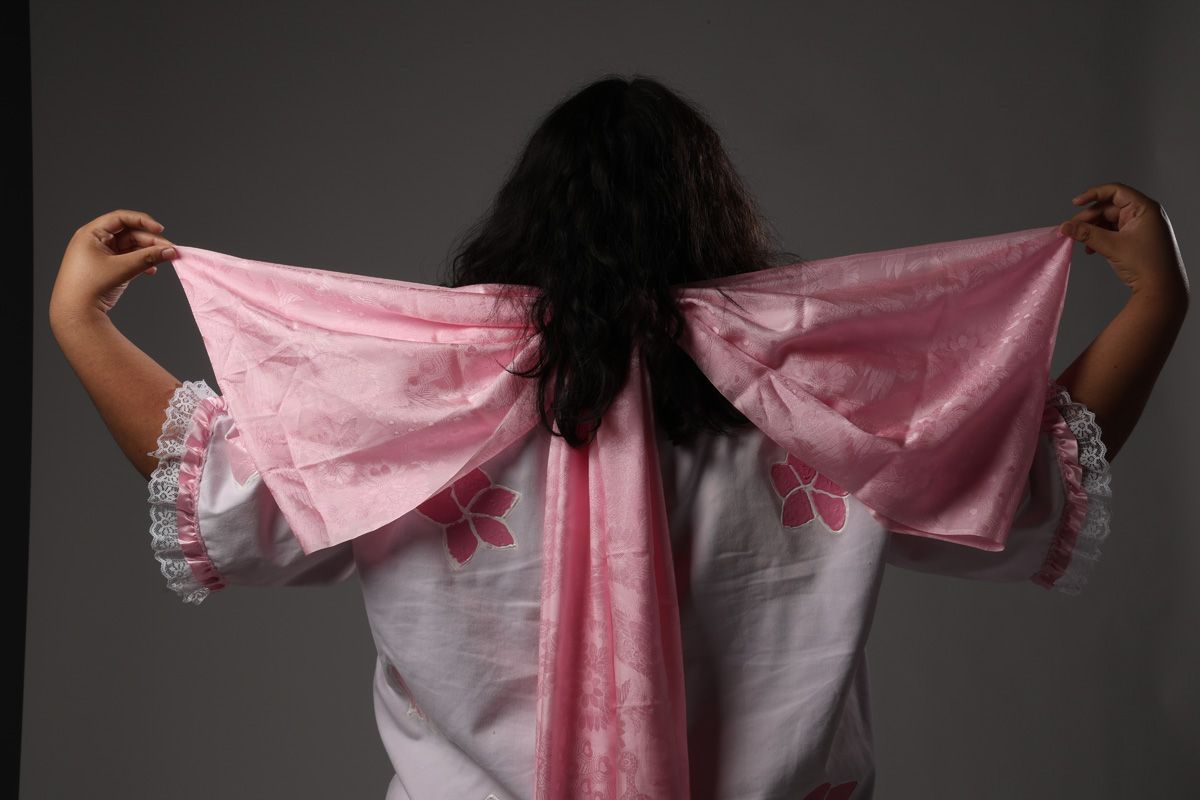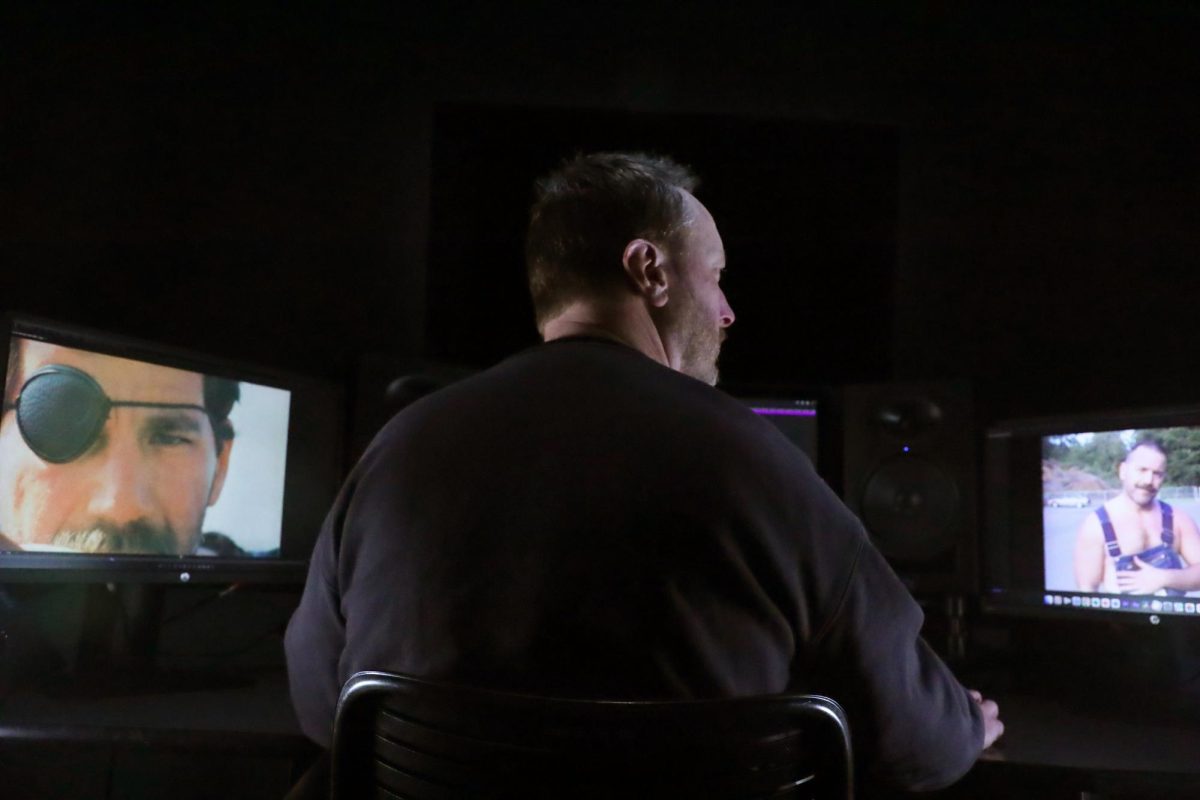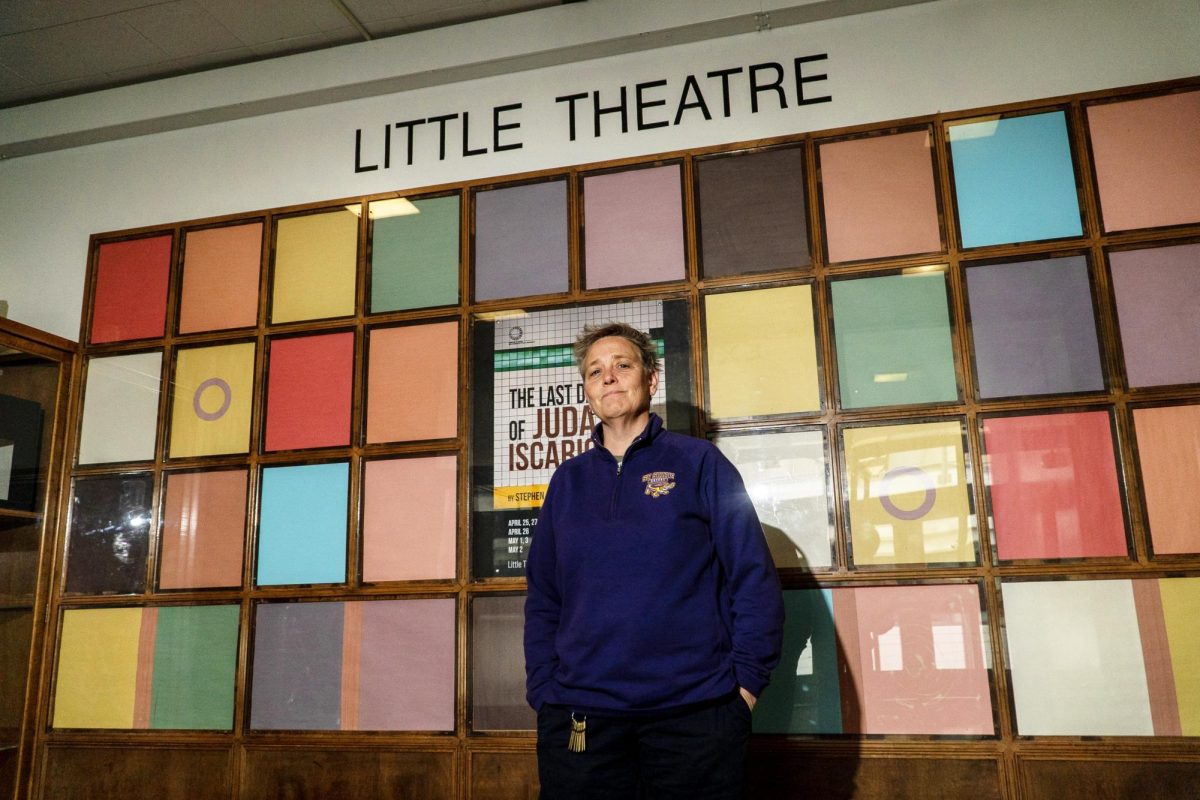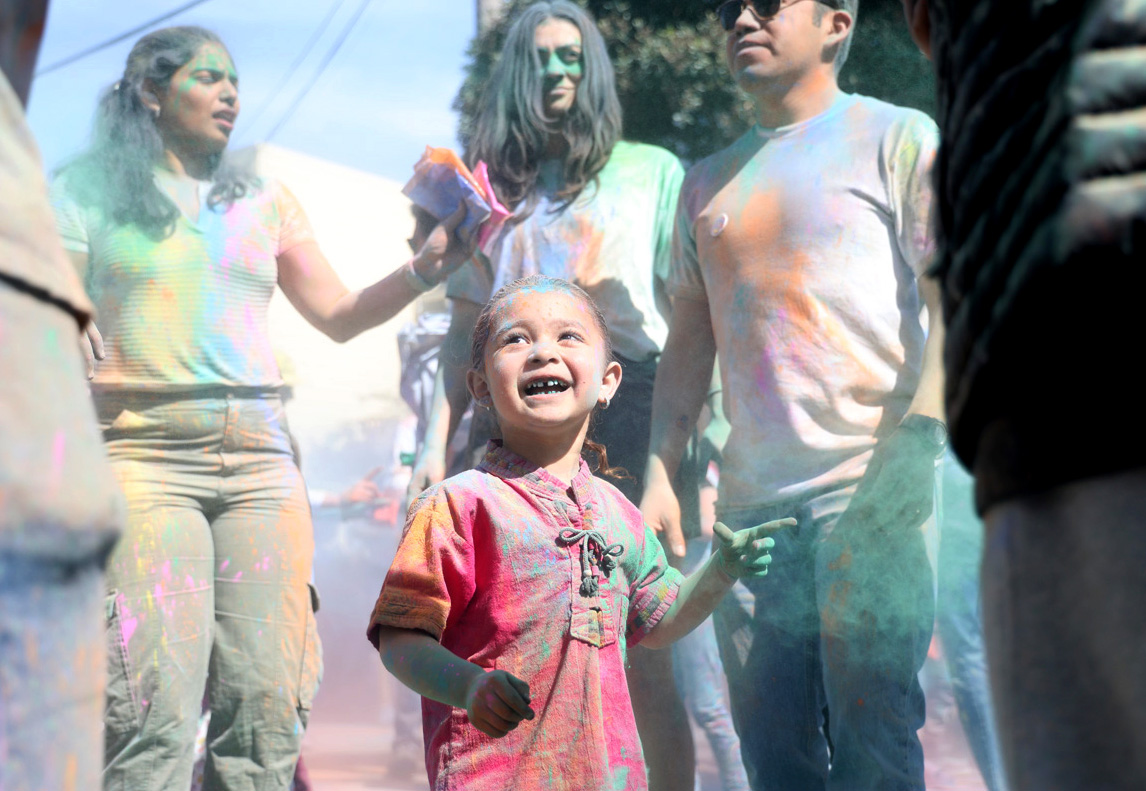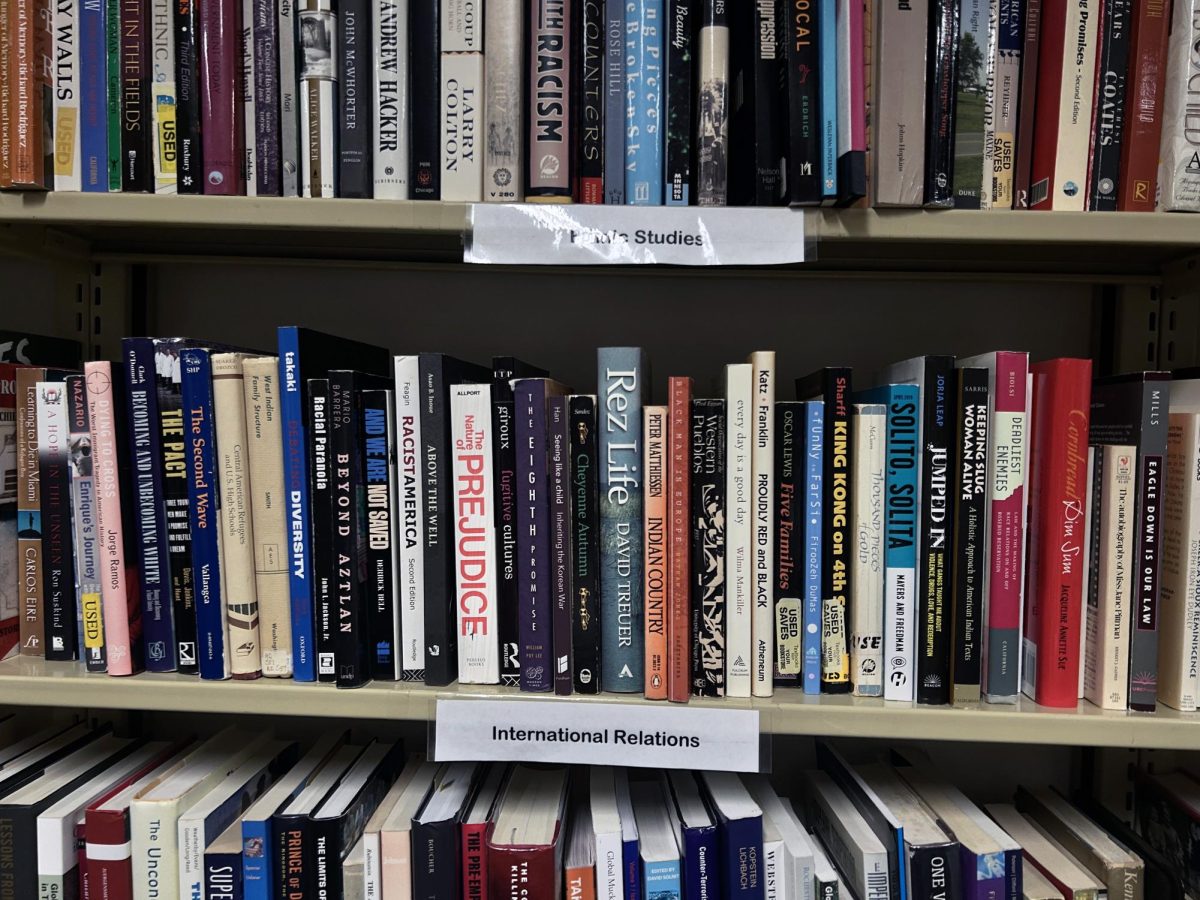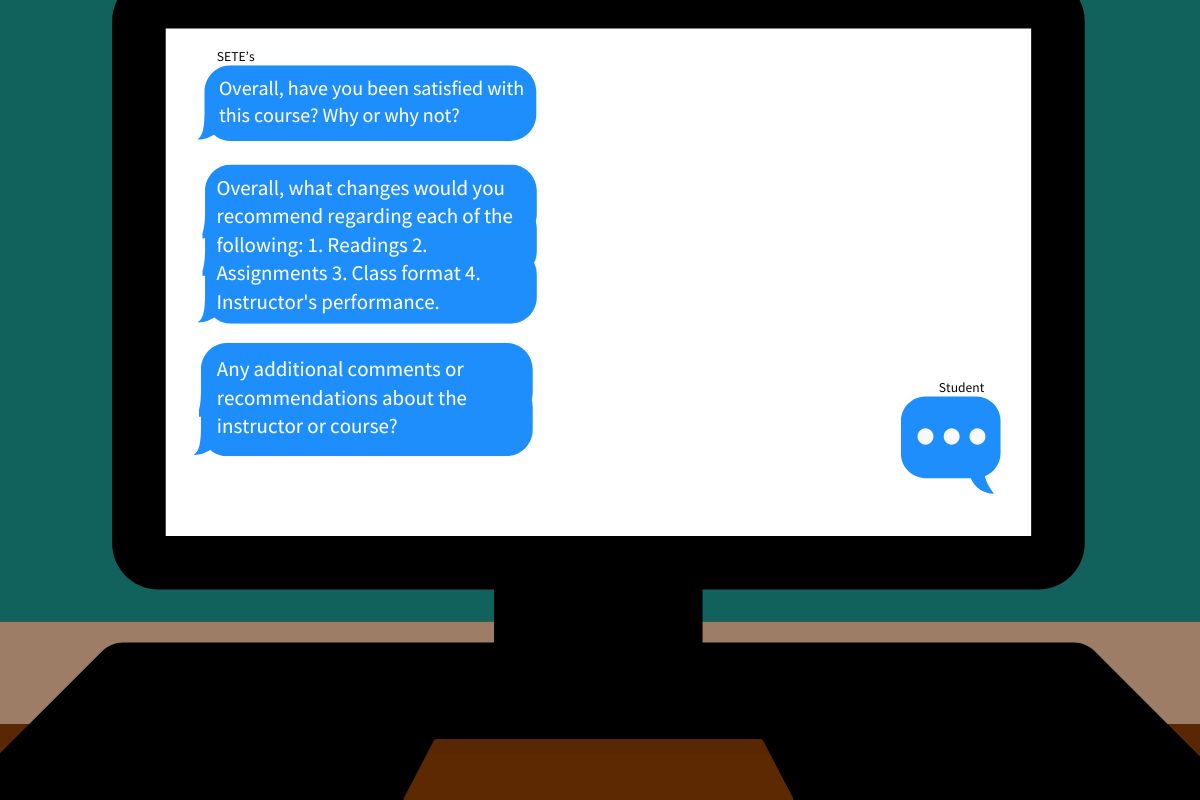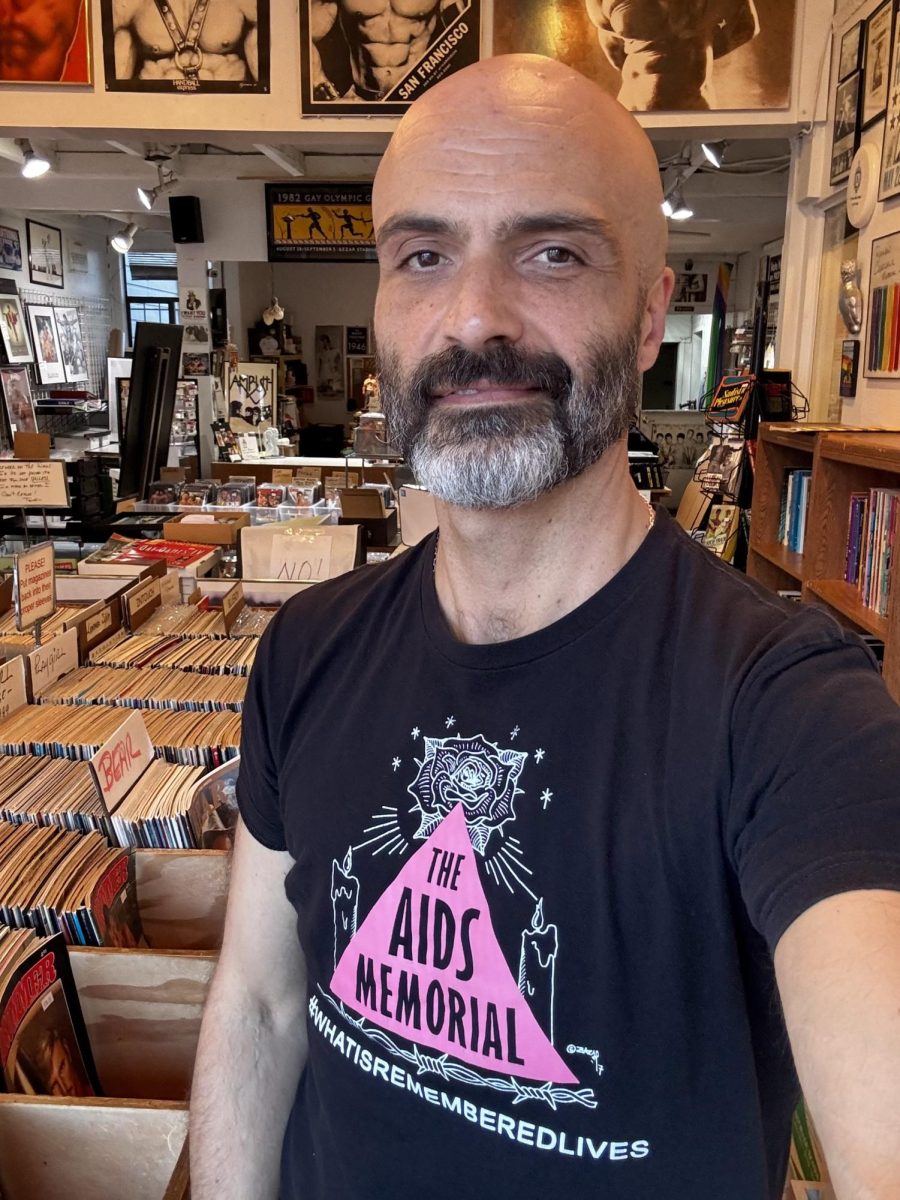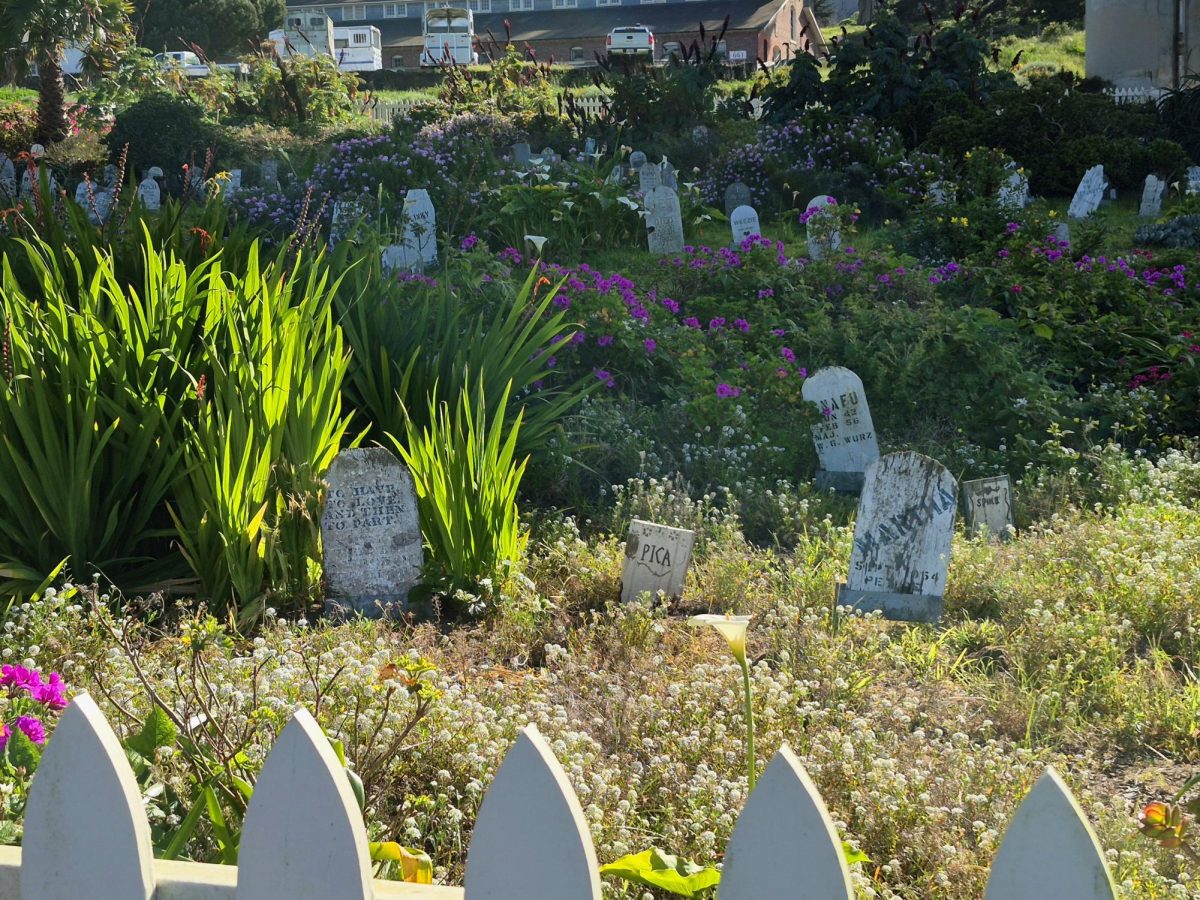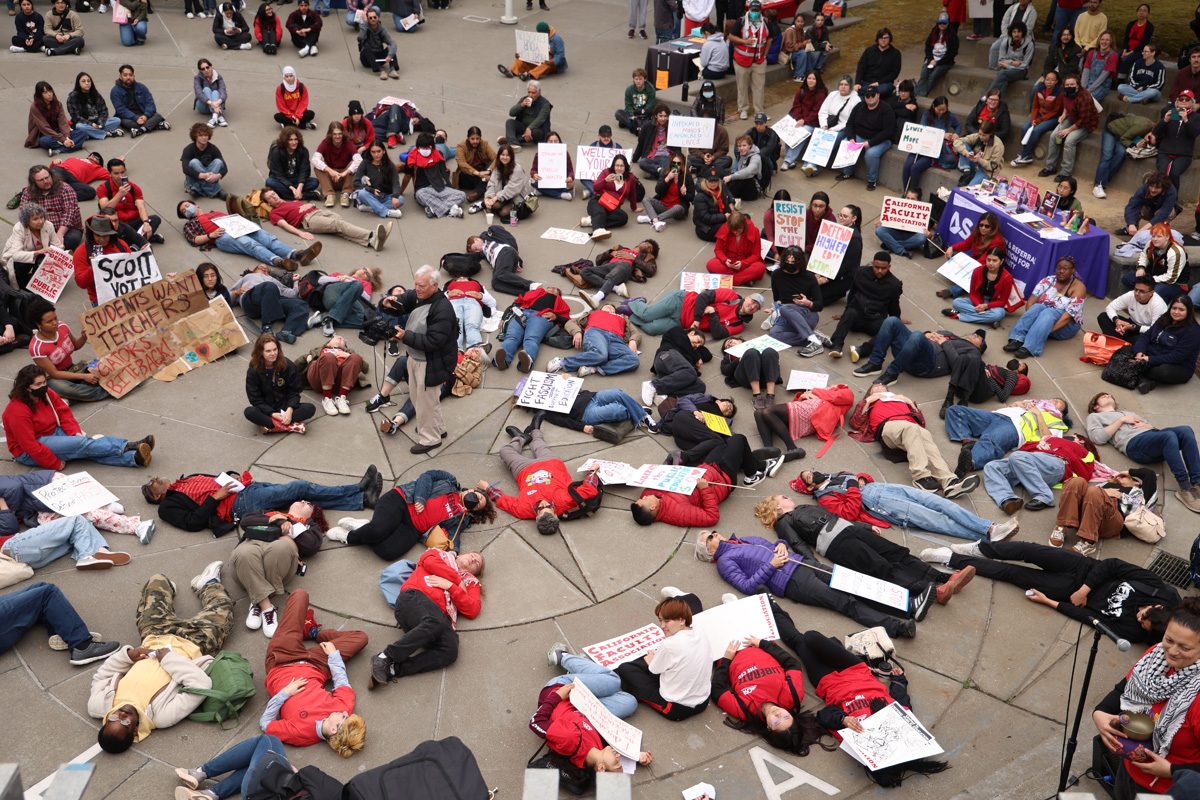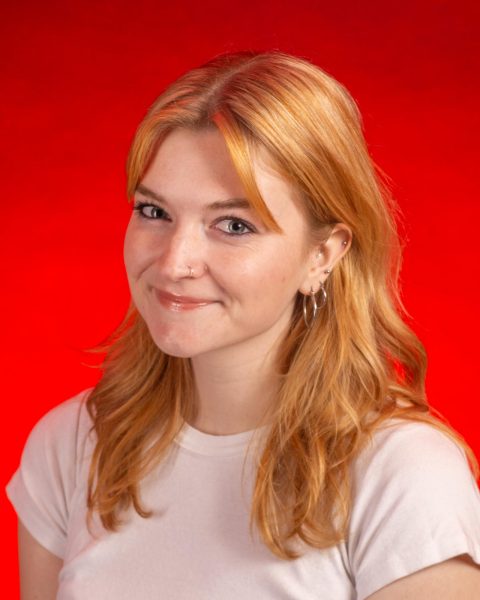When I was nine, I never understood why I was dragged away from holiday festivities to help in the kitchen. Throwing a hissy fit, I would have to put away my books, dolls and crafts, only to stand in the small kitchen in my cousins’ childhood home in Granada Hills and listen to my extended family bicker about the correct way to make my uncle’s paprikash.
For hours, my sister and I, along with my four cousins, were forced to stand over a hefty pot of boiling water and send spoon-sized clumps of dough plummeting to their scorching death. With the steam ascending from the metal pot spawning sweat on our foreheads, we fished the dumplings out of the water with a slotted spoon until there was enough to feed our family of 27.
My aunts and my mom were in charge of making the potatoes, and my uncles and my dad were in charge of making the meat and stew. The elders of the family nitpicked everything we did; no way a couple of kids could make paprikash “just like how Grandma used to make it.” At least the adults looked like they were having fun; we were bound to the kitchen against our will, longing to continue playing with our new toys.
When I was nine, I was also a picky eater. I hated holiday dinners and I hated my uncle’s paprikash. I hated the dry potatoes. I hated how you couldn’t take a bite of just the stew without the whole spoon being flooded with thick, chunky, soggy onions. I hated how flavorless the unsalted dumplings were. I hated how tough the beef was from sitting in the hot pot for too long. I hated that I was only able to taste the excessive and pungent flavor of the grainy paprika. I hated being forced to eat paprikash—more than anything.
When I was nine, I wasn’t allowed to leave the table until I cleared my plate. I was guilt-tripped by my uncle when I took more food than I could eat. I rolled my eyes and bit my tongue when I heard my Uncle Stevo yell my name across the room to show him what he hoped for: a clean bowl.
“Sydney darling, how’s it looking?” he shouts—I was seated at the kid’s table across the room, decorated with family pictures and holiday embelishments. The room was filled with chatter and laughter from my whole family getting ready to feast.
“Looking alright, Uncle Stevo; you did a good job this year.” I would respond with a false smile, hoping he couldn’t tell that I was lying and struggling to chew each bite.
When I was nine, I didn’t feel like I was a part of my family. My mom and dad are both adopted and because of this, I had a deep feeling of disconnect and lack of family identity, not knowing exactly who my “real” family is. I didn’t understand why I had to help make German food—I wasn’t sure if I was even German. My extended family felt as though they were more involved in each other’s lives, and I was an outsider only coming to family events and holidays. The same family stories were shared each year, but as I listened, I didn’t understand what they were talking about.
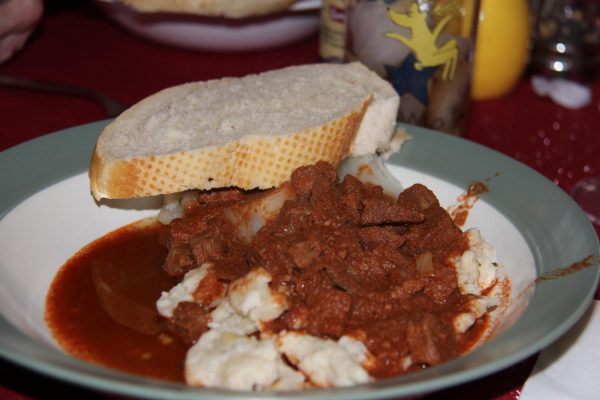
Now that I am 21, I would consider myself a professional dumpling maker. As I’ve gotten older, I have become the first of my cousins and sister to volunteer to help my uncle in the kitchen on holidays. The family stories that my uncle told me every year get shorter as he gets older and begins to forget them. I nod along and hold my uncle’s hand while stirring the dumpling dough, listening to him tell me all that he remembers. I give him dumplings to sample as I make them in batches, sneaking a little salt in the dough to make them less bland.
Now that I am 21, I have a new appreciation for paprikash. I relish in the idea of the whole family making an important meal together and how rare it is for a family to still have a strong tradition. I’ve learned not to dwell on not knowing my “real’’ family’s heritage, and cherish the family that I am lucky my parents were adopted and accepted into.
Now that I am 21, I am reminded each year about how I used to only eat dumplings and bread and each year my uncle Stevo pats me hard on the back, telling me that he is proud I developed my food palate and labeling me as one of the best eaters in the family.
“Sydney darling, how’s it looking?” my uncle still yells at me from across the room, because I am still sitting at the kid’s table at dinner in my cousin’s family room in Granada Hills.
I respond with a grateful smile as I proudly hold up my polished clean bowl:
“Looking alright, looking alright, Uncle Stevo. I can’t wait for next year.”



